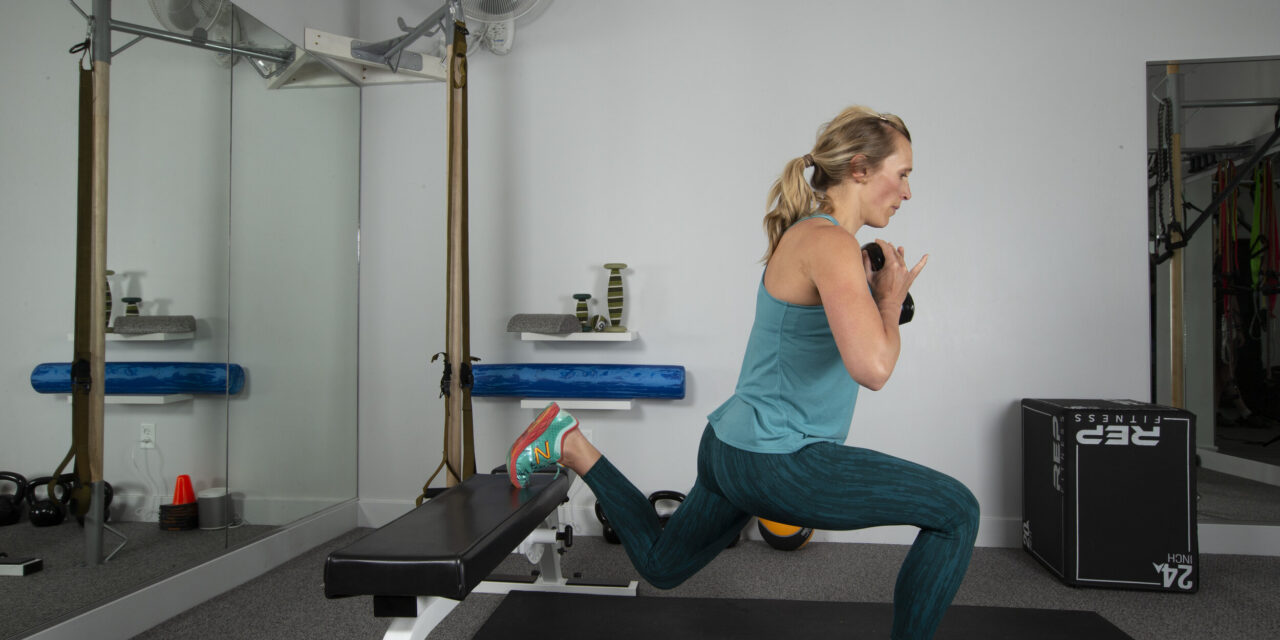The negative effects of aging on the body’s muscular system are well established and contributes to increased disease risk, sedentary activities, and most importantly, a loss of independence. The effect of sarcopenia begins after age 30 in most adults and results in a 5-10% loss of fat free muscle mass for each decade of life...
Low back pain remains one of the constants in life, but thankfully is easily treated with Physical Therapy interventions including spinal manipulation, strength training, and directional exercise. Authors report 85-90% of low back pain symptoms cannot be attributed to any one tissue or pathology and remain non specific in nature. These findings, in part, have...
In our previous blog we discussed the best body weight exercises for the gluteus maximus. In this blog we will detail the evidence on the best strength training exercises utilizing weights for this muscle group. Neto and colleagues in Journal of Sports Science and Medicine reviewed the available evidence on weighted exercises commonly prescribed in...
The gluteus maximus muscle, found directly under the back pocket of your jeans, is key muscle group for both vertical (ex. getting out of chair) and horizontal (walking or running) force production. Despite its’ importance this muscle is commonly weak on examination in our Physical Therapy patients. Multiple lower quarter diagnoses including low back pain,...
Strong, High Quality Evidence Supports Hip Strengthening In Patients With Knee Arthritis
July 16, 2020
Knee arthritis remains one of the most common diagnoses leading to disability in middle to older aged adults. Patients commonly experience joint stiffness, pain, and weakness leading to decreased participation in the activities they enjoy. Strength training and aerobic exercise remain the most powerful interventions for these patients. Stronger muscles help dissipate the forces placed...
Femoroacetabular Impingement (FAI) or hip impingement is a common condition among athletes. The condition results in abnormal bony contact between the pelvis and thigh bones at the hip joint. Patients demonstrates increased bone growth on the pelvis socket and/or ball of the thigh. Authors continue to question if these changes are pathological and need to...
Up to 70% of Americans will experience Neck pain in their life times. Despite its’ high incidence this region of the spine is consistently under exercised by clinicians. There are countless passive temporary remedies for neck pain including massage, spinal manipulation, and dry needling, but only high level exercise has been shown to improve the...
Reducing Your Risk For Low Back Pain
June 27, 2020
The 3 inevitable events in our society include death, taxes, and low back pain. Many of us will experience a significant episode of low back pain in our lives but the vast majority of these symptoms are not associated with serious pathology such as fracture or cancer. In our previous posts on low back pain...
Patellofemoral pain, pain around the kneecap, is extremely common and impacts activities such as running, hiking and stairclimbing. In our previous posts on this condition we have discussed the efficacy of exercise in treating this condition. A recent study (Nunes et al, Phys Ther Sport 2019) assessed performance measures correlated with hip muscle strength in...
Osteoarthritis is the most common joint disorder in the United States and commonly affects spinal and extremity joints during the aging process. Researchers estimate 1 in 10 older adults over 60 y.o. currently experience symptomatic knee arthritis. This condition leads to joint pain and a loss of daily, occupational, and recreational function. Patient’s often describe...

